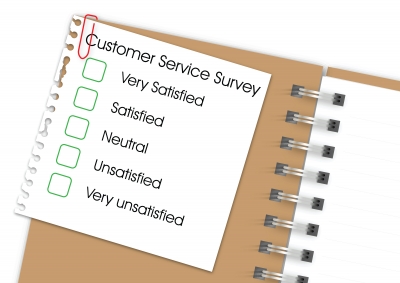How to Start Your Week with a Calm Mind
 Monday, May 27, 2013 at 07:41PM
Monday, May 27, 2013 at 07:41PM Ask any teacher how they spend their weekends and they'll tell you- grading papers and prepping for upcoming classes. I once asked a friend in the software industry how he prepares for a week and he said with a shrug of his shoulders, "I guess I just show up on Monday and go to work."

Basically, he had no idea what I was really asking.
Most leaders I know have a similar experience as teachers- they don't just show up on Monday for work. Rather, they prepare the night before in order to start the week with a calm mind.
A calm mind is what some call a "mind like water", i.e. a mindset that is perfectly prepared for whatever comes its way. A calm mind also comes as a result of preparation for the week ahead.
As Peter says in his first letter, "Therefore, with minds that are alert and fully sober, set your hope on the grace to be brought to you when Jesus Christ is revealed at his coming." While I don't think that Peter was typing this out on his iPhone, he does remind us to be people who take preparation seriously.
A prepared leader is one who follows productivity routines.
According to Elizabeth Grace Saunders in a recent HBR interview, "You want to have routines in place. So I'm a huge advocate of strengthening simple routines. Because on a day to day basis, we're stressed, we're overwhelmed. We can't think about, what's our priority, or what's the best thing to do? I need to have a routine in place."
I suggest starting the week the day before by taking time to review the following:
- What did you accomplish last week?
- What did you not accomplish in the past week?
- What do you need to accomplish in the coming week?
By looking at these three questions, you'll begin the week with poise and calm. Not a bad way to kick things off.
How do you prepare for your week?
Photo courtesy of HB


